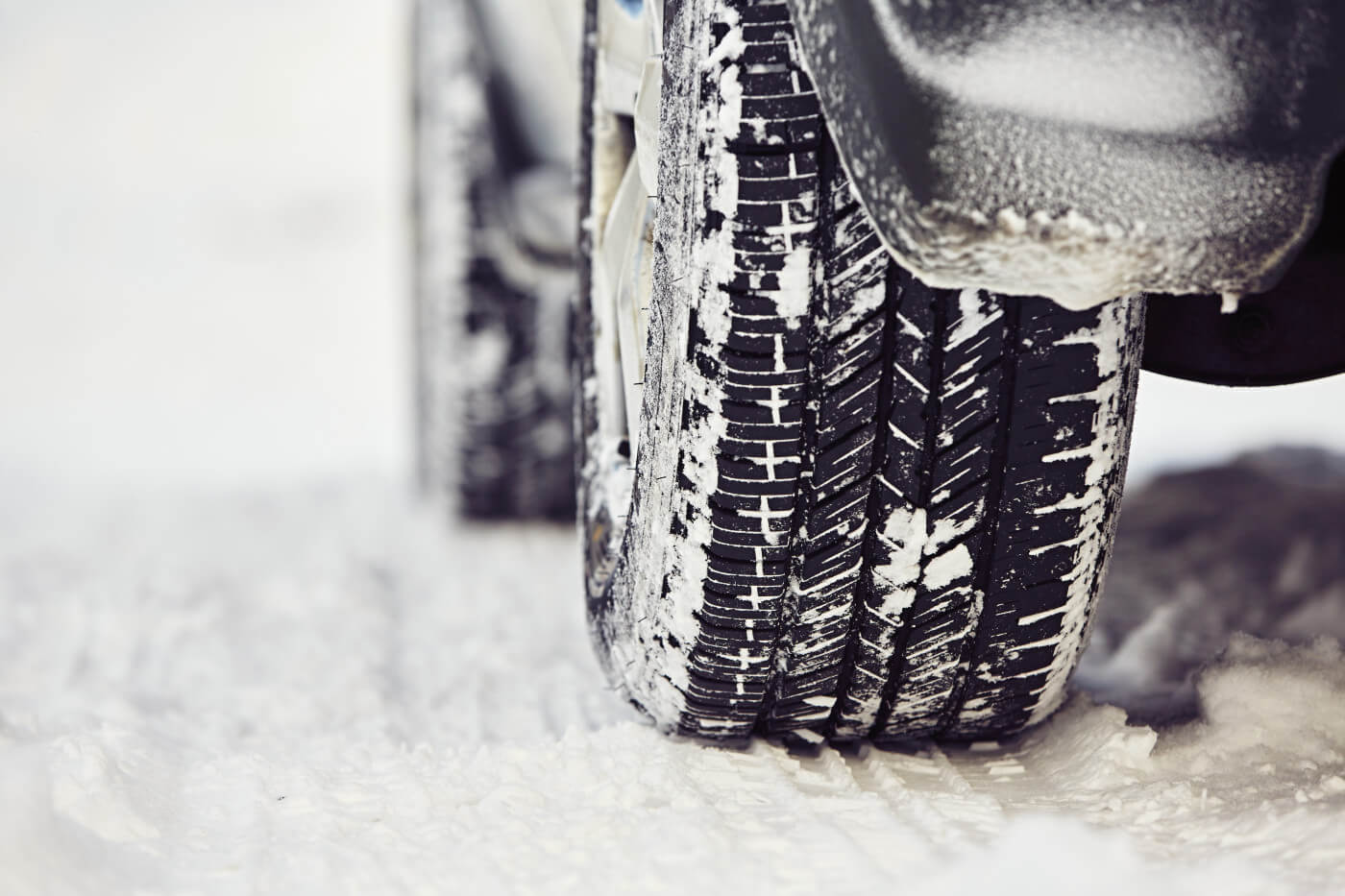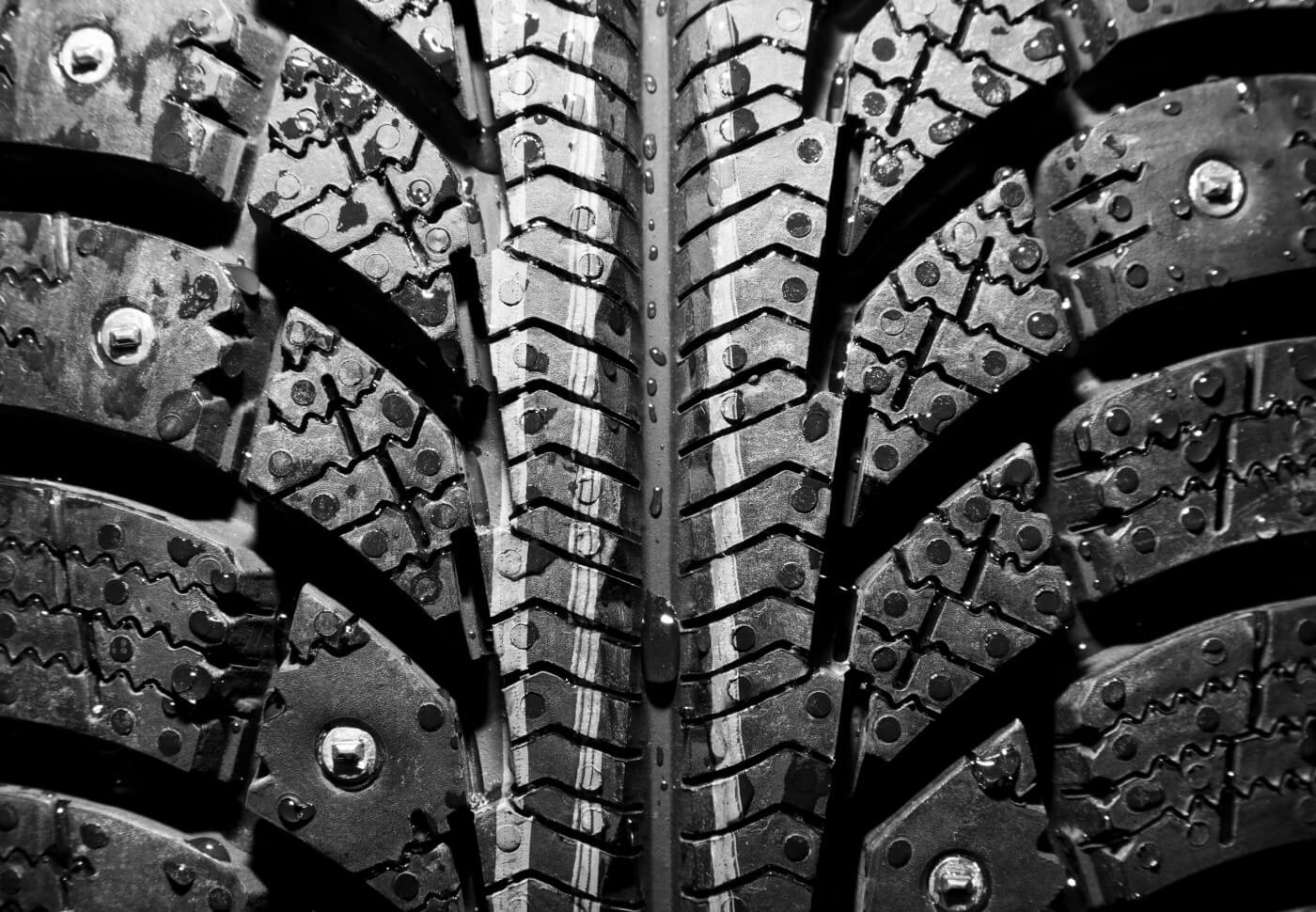Just like your vehicle, your winter tires are not forever and will eventually need to be replaced with new tires. But do you know how long a winter tire lasts? Of course, many factors can affect the longevity of your winter tires, so it’s important to regularly check them and be on the lookout for the slightest signs of wear. Blackcircles Canada offers you a few tips to give you an idea of when to replace winter tires!
When do I replace my winter tires?
- Age
Even if you’ve only driven 2,000 kilometres per winter with your tires, they still have what you might call an “expiration date”. Indeed, the rubber can harden and crack, and the tires won’t perform as well as they should… you don’t want to end up off the road, right?
But how do you find out if your tire is past its “expiry date”, especially if you’re not the original buyer of the tire? You’ll need to find the DOT code, which is written on the sidewall and is made up of a series of numbers written in this way: DOT XXXX XXXX XXXX XXXX; the underlined X’s (the last 4 digits) are the ones that will tell you when the tire was manufactured. So, if you read 1718, it means that they were manufactured in the 17th week of the year 2018.
And although there is no legal limit, it is estimated that a tire, even a new one, should not be sold if it is over 6 years old, even if it appears to be in perfect condition. Some tire manufacturers do offer a 10-year lifespan, but not many.
- Wear
How do you know if a winter tire is still good to go? The degree of wear is probably the most visible indicator! A new tire has a tread depth of 13/32nd of an inch; while most manufacturers recommend that you replace your tires as soon as this wear is 6/32″, many motorists wear them down to 2/32″, at which point it becomes illegal to drive on these tires.

- The number of kilometers covered
It goes without saying! If you’re used to driving 25,000 kilometres every winter, no matter where in Canada, you’ll need to replace your tires much faster than your neighbour who barely covers 1,000 km! If you use your vehicle a lot, don’t expect to keep your tires for 6 years and plan to change them much more quickly!
- The type of road
The type of road you drive on in winter can also have an impact on the longevity of your tires! Regularly using rough or gravel roads can damage your tires (and other mechanical parts), so avoid potholes as much as possible—even though it can be a challenge at times!—as well as curbs, speed bumps and sharp objects.

- Tire storage
Good maintenance is essential to ensure long tire life. Many people store their tires (winter or all-season) in their sheds, which often have no heating system. Or they store them upright, due to lack of space. But be aware that improper storage of your tires will shorten their lifespan! So, as much as possible, store them stacked flat, in a closed bag that blocks the light, to prevent the rubber from degrading. If you can’t stack them flat, remember to rotate them to avoid flattening the part that rests on the ground.
Finally, if possible, store them in a temperate place since the rubber does not appreciate large temperature differences, and away from heaters and other heating systems, which release nitrogen that can oxidize the rubber.
- And if I decide to keep my winter tires in the summer?
There’s no law against it. However, you will need to replace them much more often because winter tires will have a much shorter life in the summer. So your savings on a set of all-season tires will quickly disappear!
Most importantly, they are not designed for hot July asphalt, so they lose a lot of grip and wear out prematurely.
There are many factors that affect the life of winter tires, but don’t forget that you, too, play a big role in their longevity!







